Description
The Plant
MAGNOLIA ‘Black Tulip’ develops an abundance of large, double, deep pink flowers. However, this deciduous magnolia is classified among the magnolias with reduced development. It is almost shrubby. The one in the Jardin de Vallonchêne does not exceed 4 meters after around twenty years.
The flowers, which are quite unique in terms of shape (see photo), appear in spring on bare wood. However, this little wonder sometimes offers a second flowering at the end of summer. Color intensity may vary depending on temperature.
Then, in the fall, the green leaves take on a beautiful, fairly intense yellow color and thus brighten up the garden again. All in all, this plant is interesting for many months.
To view all MAGNOLIA available for sale at the moment, please click here.
How to plant and care for MAGNOLIA ‘Black Tulip’?
Planting
- Plant it where it will get full sun all day. In partial shade, it will develop fewer flowers.
- This can be in a bedding or isolated.
- The soil can be moist or moderately moist with light or normal soil and an acidic or neutral pH.
For a good preparation of the pot or ground, we have designed specific instructions available here. Furthermore, discover here how to water your garden and save water.
Care
This magnolia generally does not require any special maintenance.
Prune it in August if necessary, applying a healing agent to the dry wounds to encourage them to close more quickly.
When the subject is young, remove spent flowers as soon as possible to prevent fruit production. These are of no interest and exhaust the plant.
History and Origin
MAGNOLIA is a very old genus. It appeared before that of bees. Fossils of M. acuminata dating back 20 million years have been discovered.
The name MAGNOLIA first appears in 1703 in a writing by the French botanist Charles Plumier. He derived it from the name of the French botanist Pierre Magnol.
At the end of the 18th century, Asian magnolias began to be described by botanists and plant hunters exploring this continent.
Bournemouth University reported on April 4, 2007 that the Red List of Magnoliaceae contained 132 species. The major threat is the destruction of their natural habitat by agriculture.
MAGNOLIA such as MAGNOLIA ‘Black Tulip’ are mainly planted for their magnificent flowers. However, the MAGNOLIA officinalis species is used in traditional Chinese medicine and the wood of MAGNOLIA obovata is used to make sword hilts in Japan.

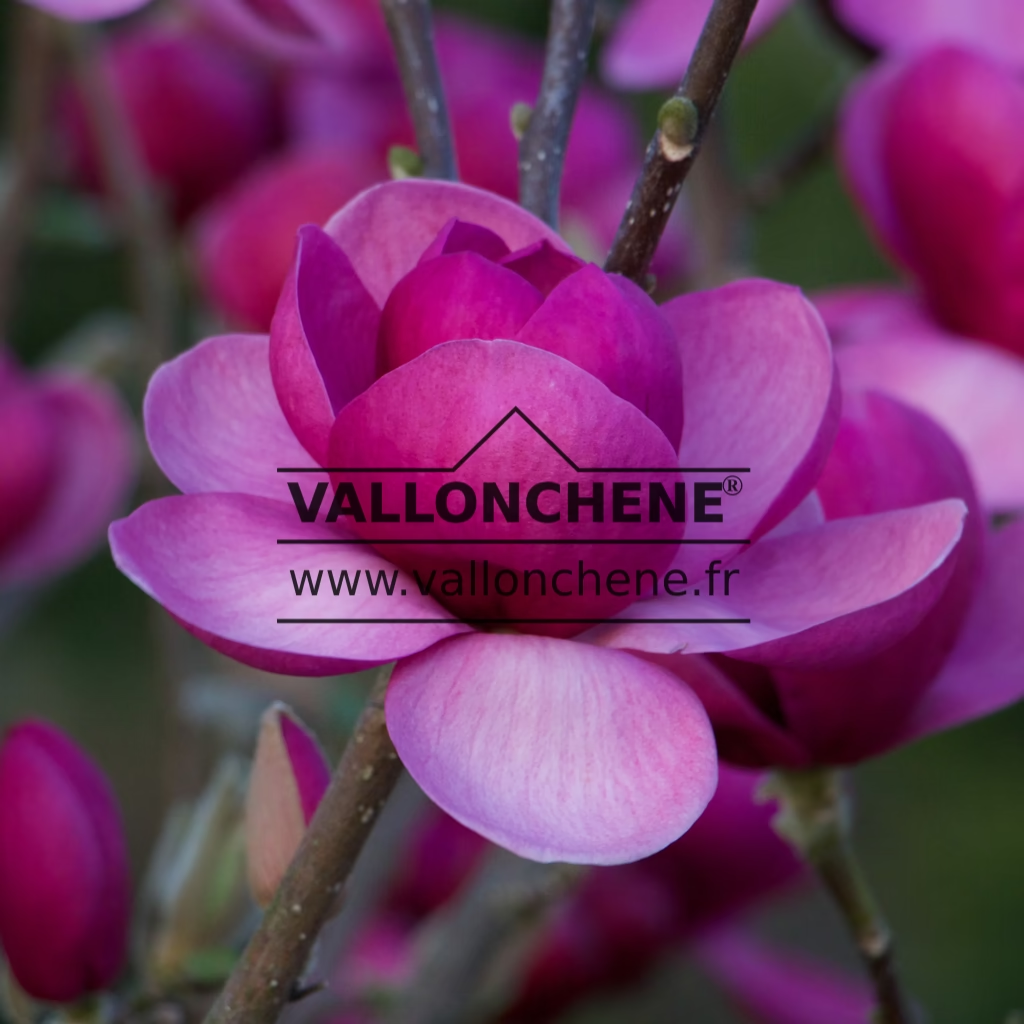
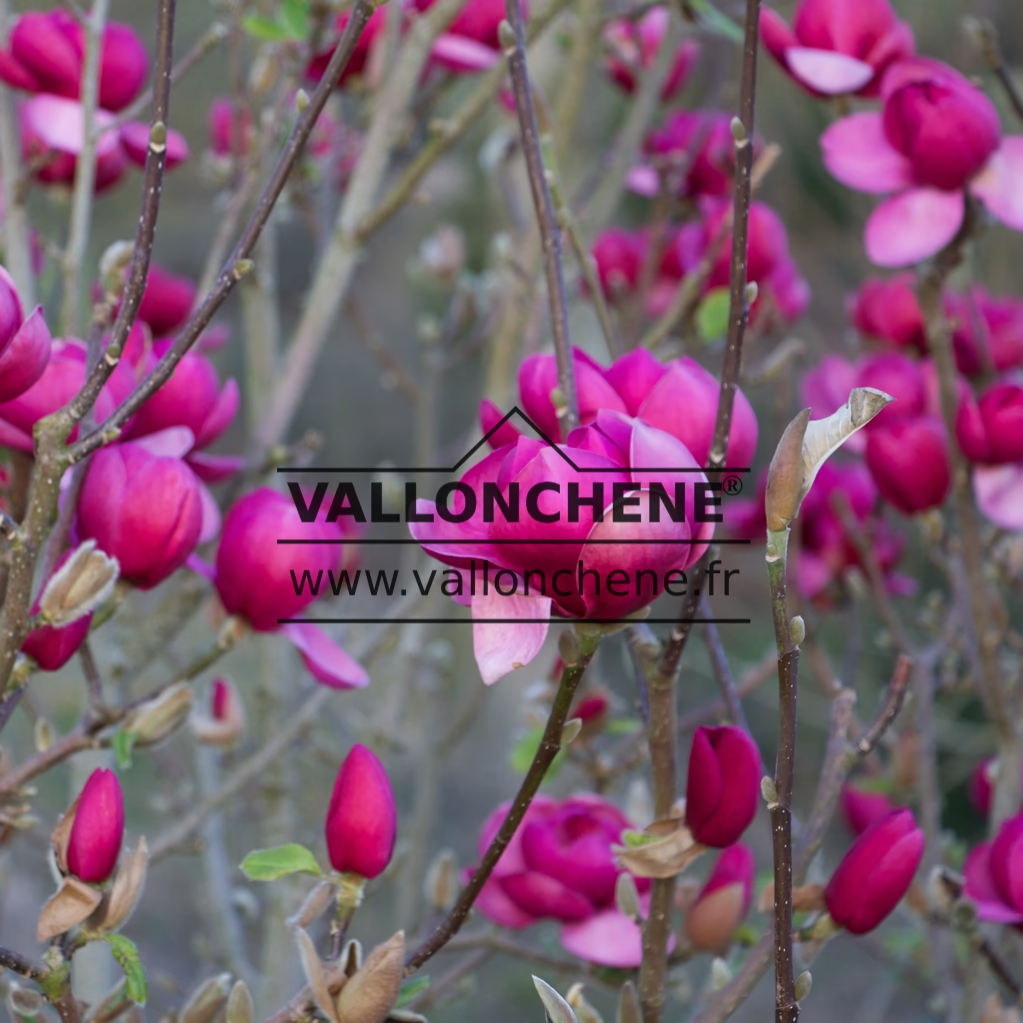

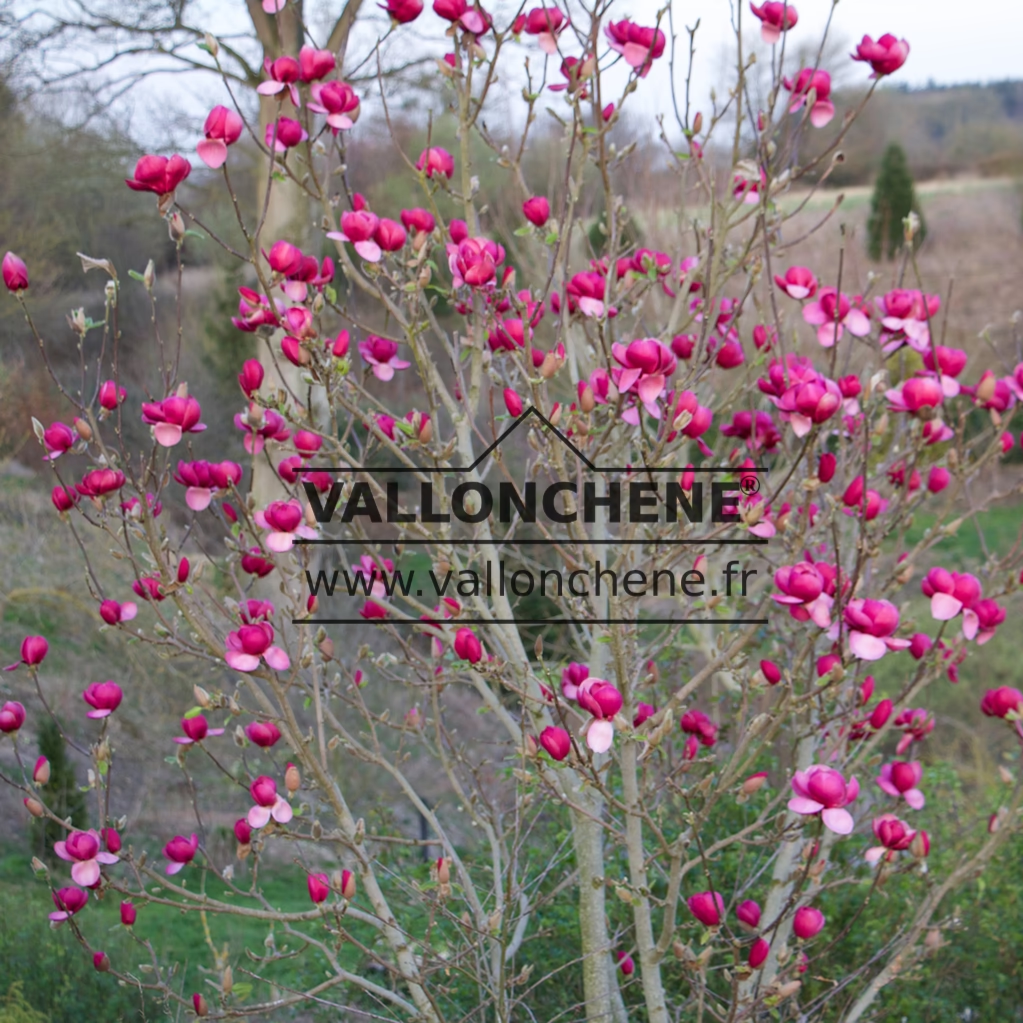
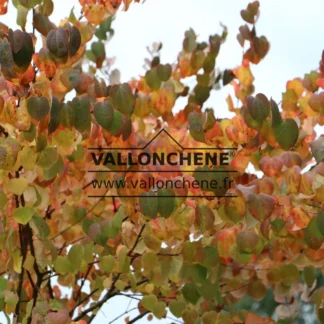



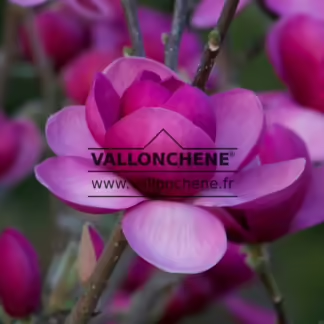
Reviews
There are no reviews yet.